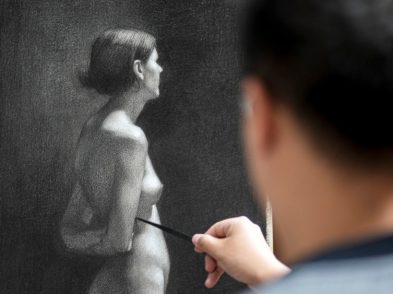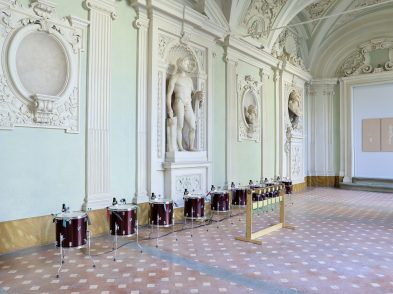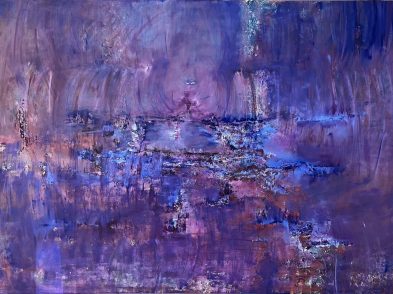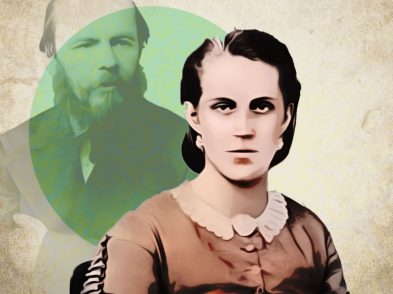Tucked behind Palazzo Vecchio, on piazza San Firenze, stands the extravagant building of the Fondazione Zeffirelli, whose imposing baroque façade conceals a treasure trove of cinematic history. Across two floors, the impressive career of director Franco Zeffirelli, born in Florence in 1923, is documented by iconic faces of the big screen and stage, in addition to the phenomenal amount of preparatory work that often goes unseen.
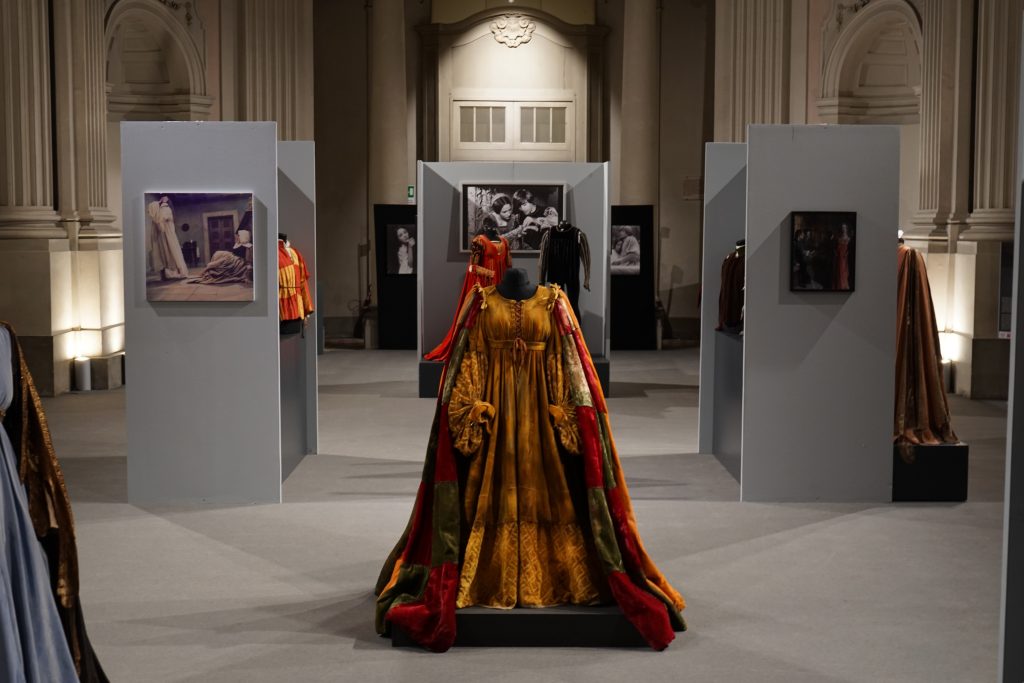
The bulk of the foundation’s offering is found on the first floor, comprising photographs, drawings, costumes and set designs. To begin the concourse, the exhibition titled Zeffirelli’s Celebrities, first inaugurated at the Hotel Savoy in 2021 and brought to piazza San Firenze in December 2023, welcomes visitors to the museum with some friendly faces. Introduced by Olivia Hussey and Leonard Whiting of the adored 1968 Romeo and Juliet, the exhibit catalogues the famous visages of Zeffirelli’s vast cinematography. Many of the protagonists are immediately recognizable in their respective roles; think of Mel Gibson in the 1990 Hamlet or Maggie Smith in Tea with Mussolini.
The rich selection is drawn from Zeffirelli’s career from the 1960s to the early 2000s, demonstrating its breadth and the rise in celebrity culture that took place simultaneously. The selection that was previously displayed in the Hotel Savoy only included the director’s most famous actresses, but by dividing the corridor exhibition into two pathways, the male and female icons are displayed back to back. The display has become a more comprehensive array of the faces of Zeffirelli’s career, refreshing it for the centenary of his birth in 2023.
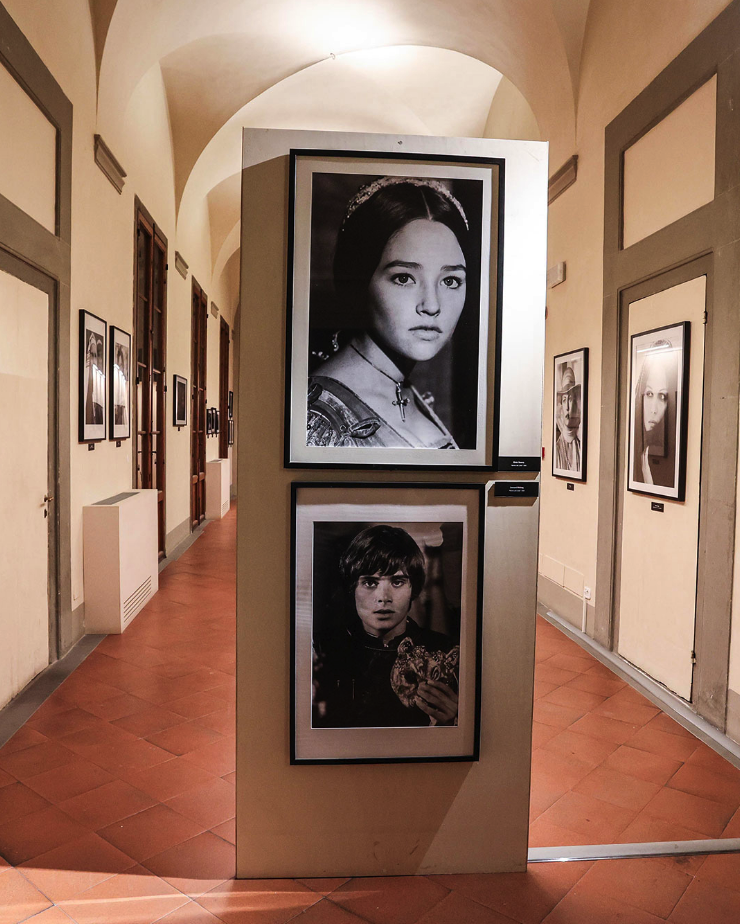
The exhibition’s placement, leading into the museum’s main body, means that visitors are funneled through the corridor both on their way in and way out, bookending the concourse. On arrival, the collection appears as a standalone success story due to the fame among the group and the range between them. Following this, however, is the museum’s impressive documentation of Zeffirelli’s artistic process, which starts far long ahead of casting. With over 250 items, including scene sketches with original annotations and scale models of film and opera sets, onlookers get a sense of the depth of work that goes into every frame. As a result, when walking through the exhibition on the way out, the faces appear instead as only the final manifestations of this work and the trophies on display of an expansive and illustrious career.
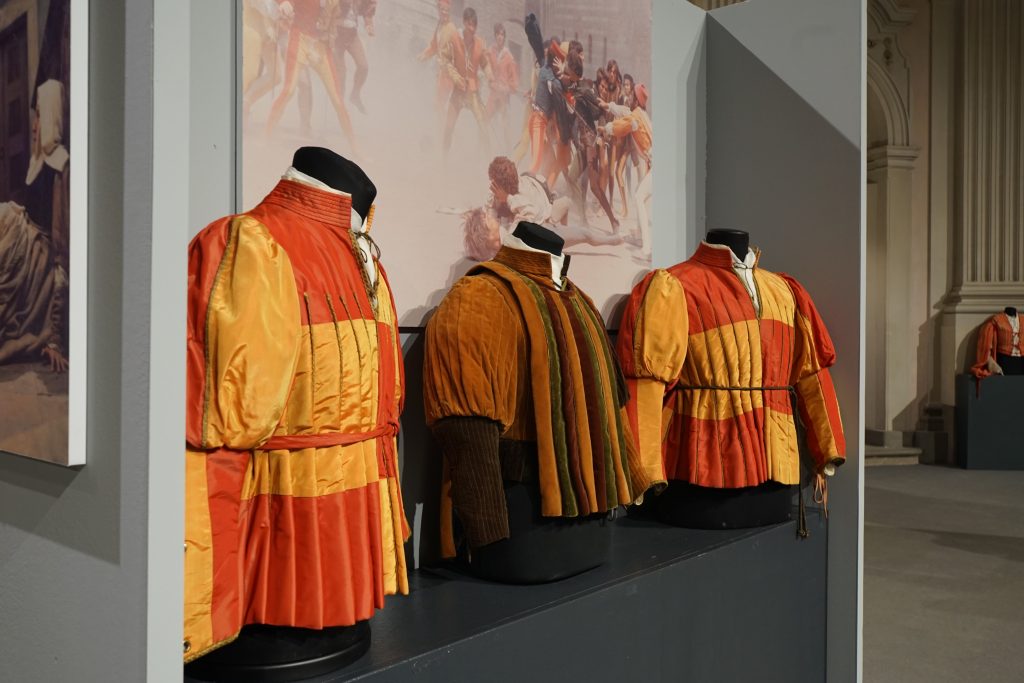
With a new appreciation for the effort that goes into film creation, guests are invited to see the foundation’s newest exhibit, celebrating the costume design for the 1968 Romeo and Juliet by costume director Danilo Donati. Over 30 original costumes are displayed in the Sala della Musica with corresponding shots from the film, while ongoing projections document the outfits as they were originally intended. Up-close and eye-level access reveals the intricacy of design, fabric choice and decorative elements. Donati was in fact awarded an Oscar in 1969 for this body of work.
Between the two temporary exhibitions and the permanent collection, the Fondazione Zeffirelli serves a hidden purpose in re-evaluating what defines the artistic history of Florence as well as the place of cinema in documenting the past and the city’s creative heritage.
Romeo&Giulietta is open until February 18, 2024 in the Fondazione Zeffirelli’s Sala della Musica, and the photographic exhibition Zeffirelli’s Celebrities until December 31, 2024. Entrance to both exhibitions is included in the general admission ticket, costing 12 euro, and is available to book online in advance.


